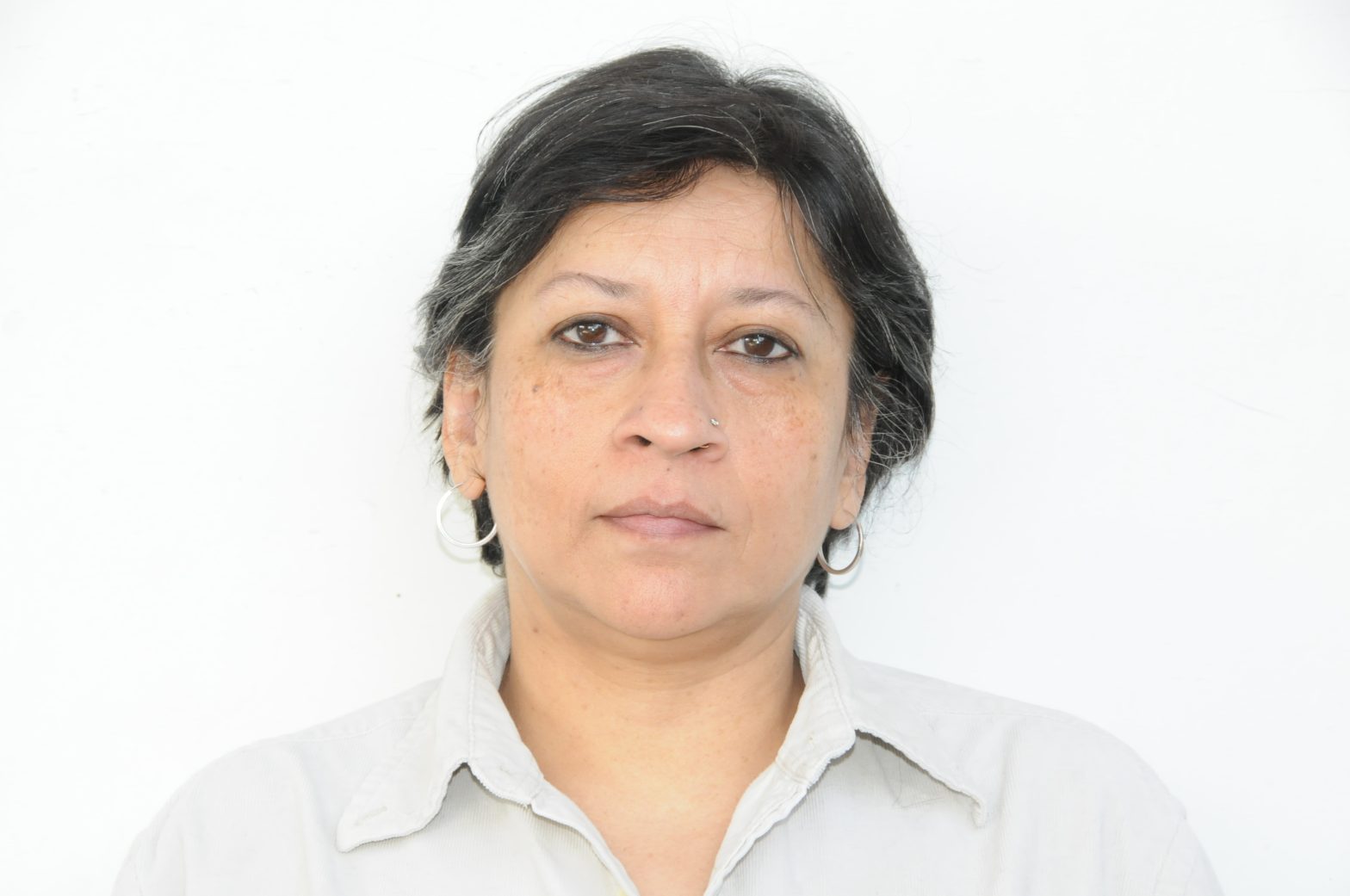China nurtures its nuclear nexus with Pakistan
China and Pakistan reached a formal agreement in February 2013 to construct a third nuclear reactor in Chashma. This has caused widespread nervousness while making the NSG look weak-kneed.
- Rajiv Nayan |
- April 05, 2013 |














